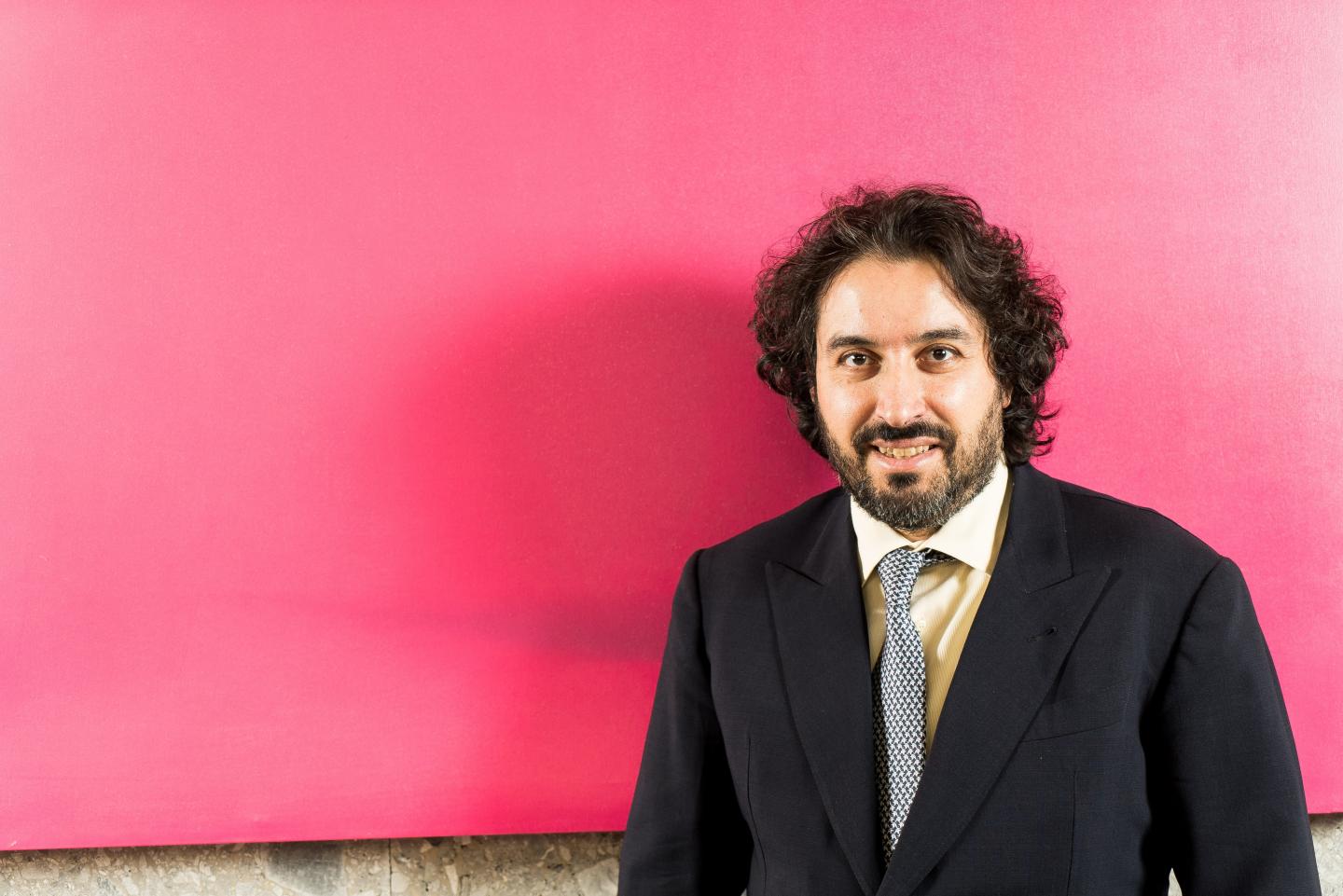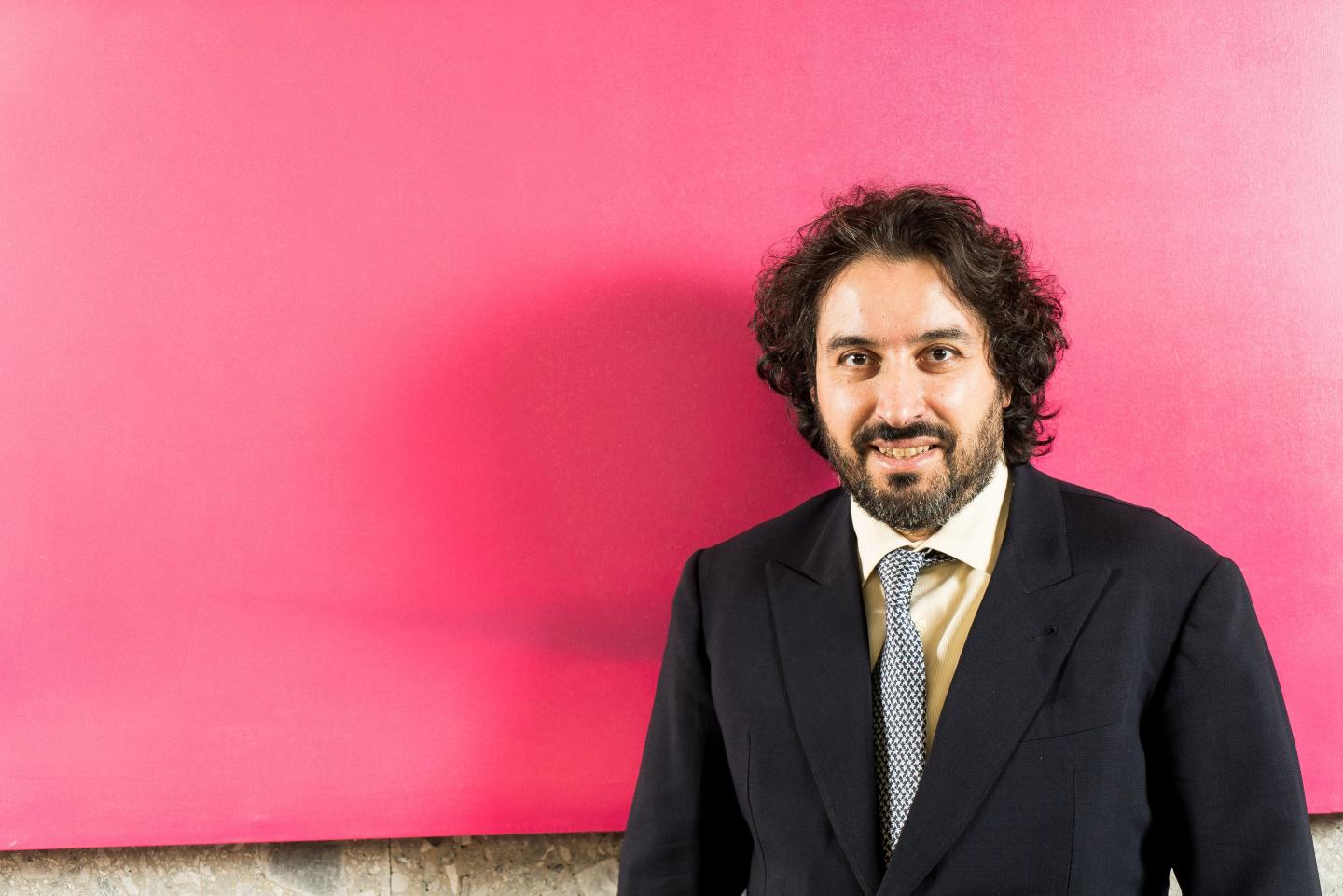
Credit: Paolo Tonato
In the early 2000s Turkey was a country in full demographic transition. Fertility rates had dropped to replacement level and were heading toward the lower levels of Southern Europe and Iran. Somehow unexpectedly, Turkey has been able to stop, and in some areas even reverse, this trend in the following years, recording also an increase in marriage rates. A newly published paper asserts that politics, and in particular the Islamist AKP party, played a decisive role in this reversal, through the provision of local welfare policies directed to families.
"As demography, policies and religion evolve together, it is usually difficult to find evidence on their mutual effects", says co-author Francesco Billari, a Professor of Demography at Bocconi University, Milan, "but the unique features of the majoritarian Turkish local election system provided us with a natural experiment". The paper compares the evolution of fertility and marriage rates in the electoral districts where the AKP barely won the 2004 local elections and those where it barely lost. The two groups of districts were virtually undistinguishable and had the same marriage prevalence and fertility rates before the elections.
The paper concludes that after 2004, compared with non-AKP district, in AKP districts there have been five to eight more children per 1,000 women of age 15 to 49 (an increase of around 10%) and about four more marriages per 1,000 individuals of the same age range. Even if four more marriages every 1,000 women doesn't sound dramatic, in a country where only 3% of women aged 44-49 haven't been married during at least a period of their life, the difference is rather significant.
The AKP supports an original mix of religion-motivated and neoliberal policies. The Turkish President and AKP leader Recep Tayyip Erdogan is, on the one hand, vocally pro-natalist (for example in one speech he said "no Muslim family can understand and accept birth control and family planning"). He and the party, on the other, promote the decentralization of welfare policies. A big part of welfare provision is based on charities with strong ties to local governments, funded by pious donors and corporations that make business with local governments. Mayors and local authorities frequently sit in social assistance and solidarity foundation boards. With this capillary welfare system, in the years following the success of the AKP, funding for socioeconomic assistance has increased and poverty rate has decreased dramatically until about 2011.
"A local AKP governance seems to affect demography through lifting constraints on fertility and marriage with effective welfare policies at the local level" says co-author Ozan Aksoy, a Lecturer in Social Science at University College London. "Our analyses rule out alternative channels such as economic development, an increase in religiosity, and the migration of mothers or young couples toward the AKP-ruled areas, where welfare provisions are more generous."
"Our findings emphasize the role that institutional and structural factors, as opposed to individual norms and values, play in shaping the link among religion, politics and demography", Prof. Billari says. "The effects of the Turkish policies are surprisingly similar to Swedish welfare, but in a completely different setting".
"However, so far the reversal of fertility decline has happened in areas governed by the AKP. It remains to be seen if non-AKP districts will also benefit from effective welfare provision to catch up with their AKP counterparts on demographic trends" Dr. Aksoy says.
###
Ozan Aksoy, Francesco Billari, "Political Islam, Marriage and Fertility: Evidence from a Natural Experiment", in American Journal of Sociology, Volume 123, Number 5, March 2018, DOI: 10.1086/696193.
Media Contact
Fabio Todesco
[email protected]
@unibocconi
http://https://www.unibocconi.eu
Related Journal Article
http://dx.doi.org/10.1086/696193





